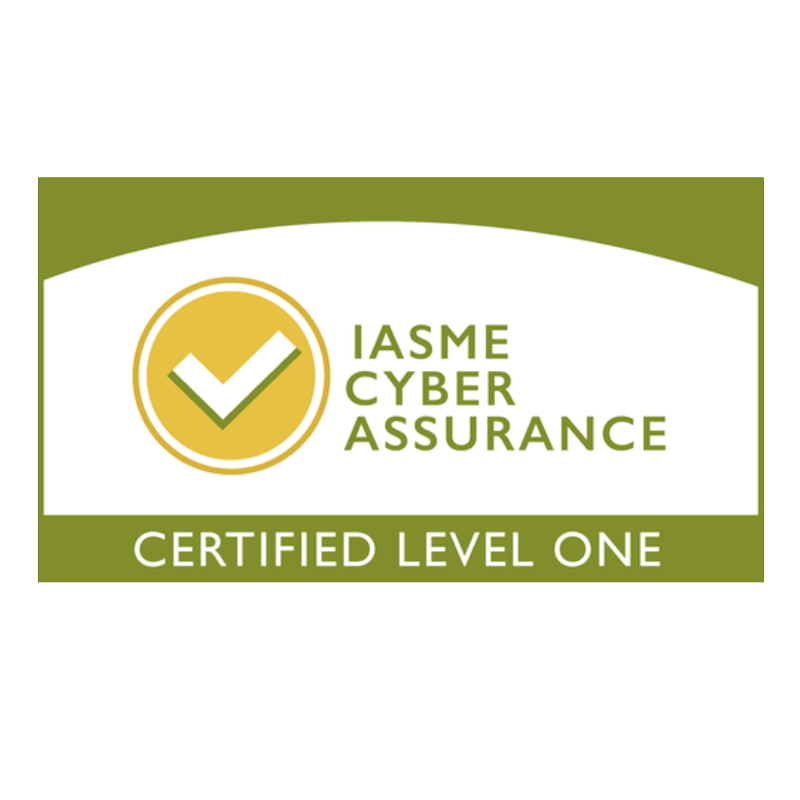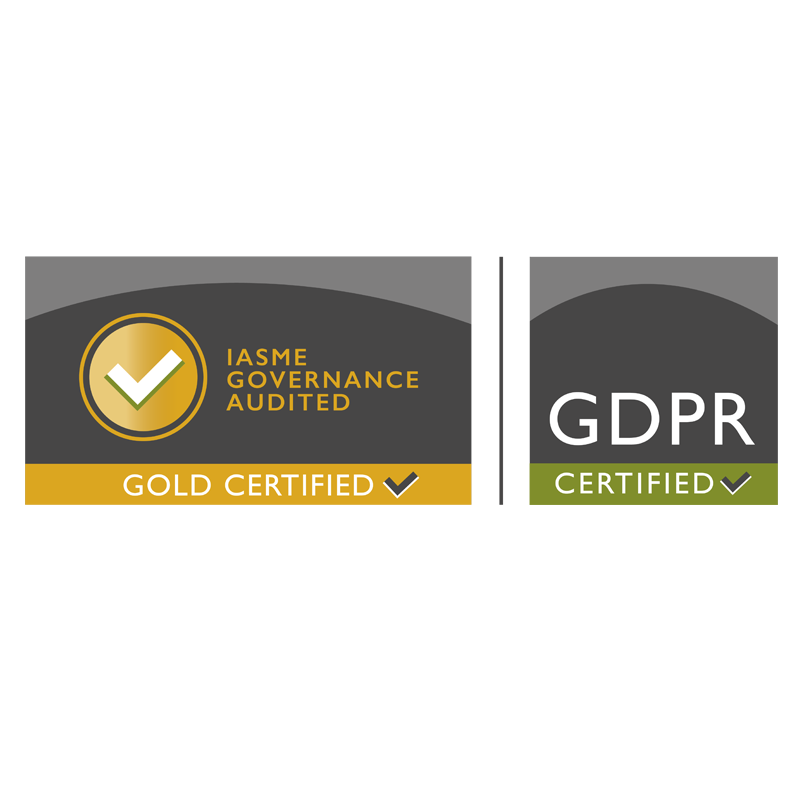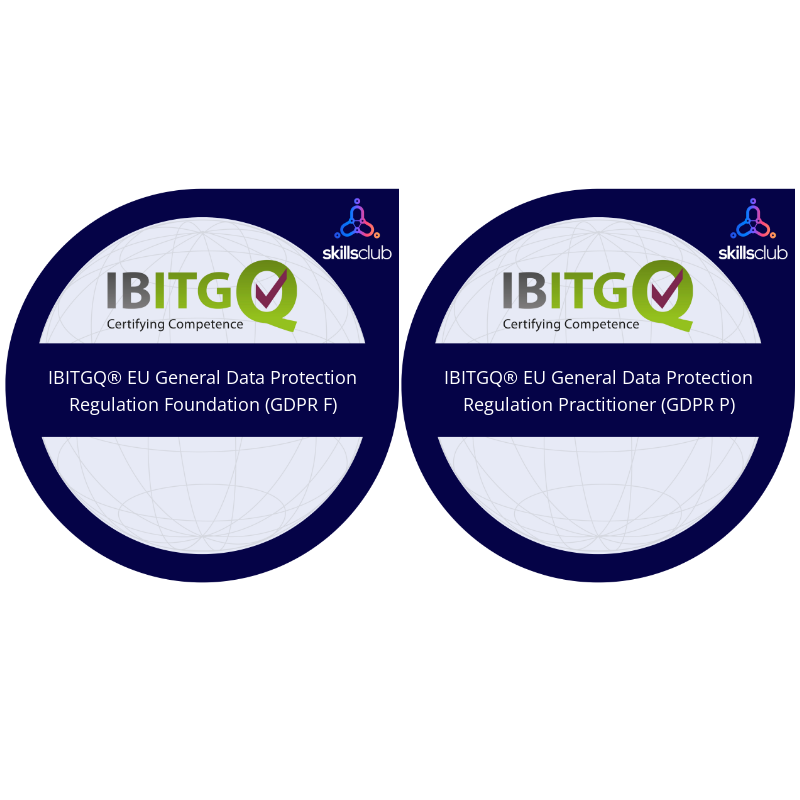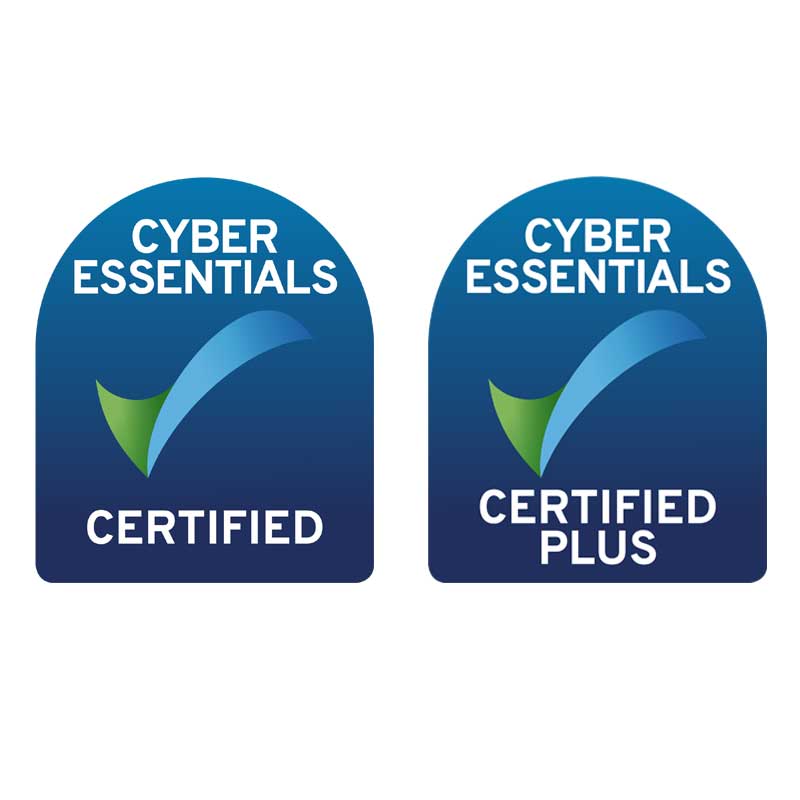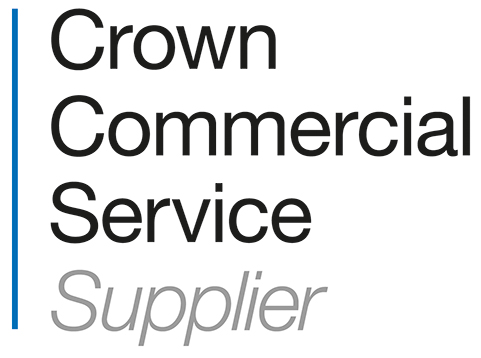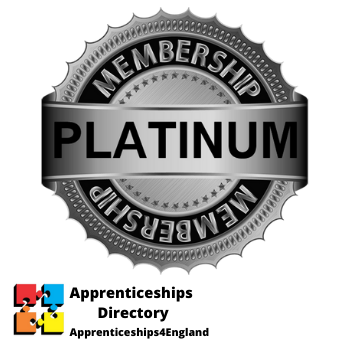
New Standards for Apprenticeships
Confused?
I'm sharing my research in the hope that I can bottom out some of the issues and concerns regarding the apprenticeship reforms.
The information below is an accumulation of my research on the New Apprenticeship Standards, although very much condensed.
I will follow this email with my findings on End Point Assessments as there is far too much information for one post.
Apprenticeship Standards
As you know the new apprenticeship standards, created by Trailblazer employer groups, are in the process of being completed and all approved standards are listed on the Apprenticeship Standards Ready for Delivery page.
There is a list of Occupations Available which also shows at what stage the standard is at; in development, approved or approved for delivery.
There will be a huge difference in the way these standards are delivered compared to the existing apprenticeship framework (SASE). Both types will run side by side, probably until 2020, when the SASE frameworks will be phased out completely.
The phased withdrawal of SASE frameworks began in March 2016 and the SFA are now consulting on the third batch of framework withdrawals.
"The frameworks included in this consultation have:
fewer than 125 starts in 2014 to 2015 funding year and so far in the 2015 to 2016 funding year
or
coverage by replacement apprenticeship standard(s)"
- "We will review the feedback and announce the final list for withdrawal in September. This will give 6 months’ notice before the date of withdrawal."
SFA - Removal of Apprenticeship Frameworks -
To be involved take part in the consultation and complete the survey.
All current and live SASE frameworks are listed and updated on the Live List page and any withdrawn frameworks are listed on the Removal of Apprenticeship Frameworks page.
Qualifications are Not Mandatory
The new Standards will be challenging and require a minimum of 1 year training. There is no mandatory requirement for a qualification unless it's required for professional registration, to fulfil a legal or regulatory requirement or a 'Licence to Practice'.
Trailblazer groups can choose to build specific qualifications into the Standards or recommend them in the Assessment Plan.
Providers and employers have more flexibility to develop a programme or include a qualification where qualifications are not mandatory.
Continuous assessment will still be required to track the progress of the apprentice and to monitor readiness for the End Point Assessment.
Standards without a qualification needing continuous assessment won't have the same level of quality assurance and progress may well be monitored just by the employer. In any event both employers and providers will need to work closely together to work out the best way to deliver quality apprenticeships.
Standards
Maths and English
Required for every apprenticeship and each Standard will specify a required level. Candidates who already satisfy the Maths and English requirements will work towards the next level.
Behaviours
The Standard will also include behaviours as well as skills and knowledge. Expectations for behaviours will be set out in the Assessment Plan and will contribute towards End Point Assessment outcomes regardless of being formally assessed or not.
The extent of grades being influenced by behaviours or if they will be assessed separtely will be outlined in the Assessment Plan.
The Gateway
The apprentice must be signed off by the training provider and employer as ready for End Point Assessment.
The End Point Assessment company has to be separate from the training provider who delivered the apprenticeship training.
Tracking learner progression through the apprenticeship will be of the greatest importance to your lead providers, who in turn will report to the SFA and employers.
Data Management
Did you see the FE Week post about funding clawback and Data Management?
Ward Warning – get data right else face funding clawback
Get Our Updates!


